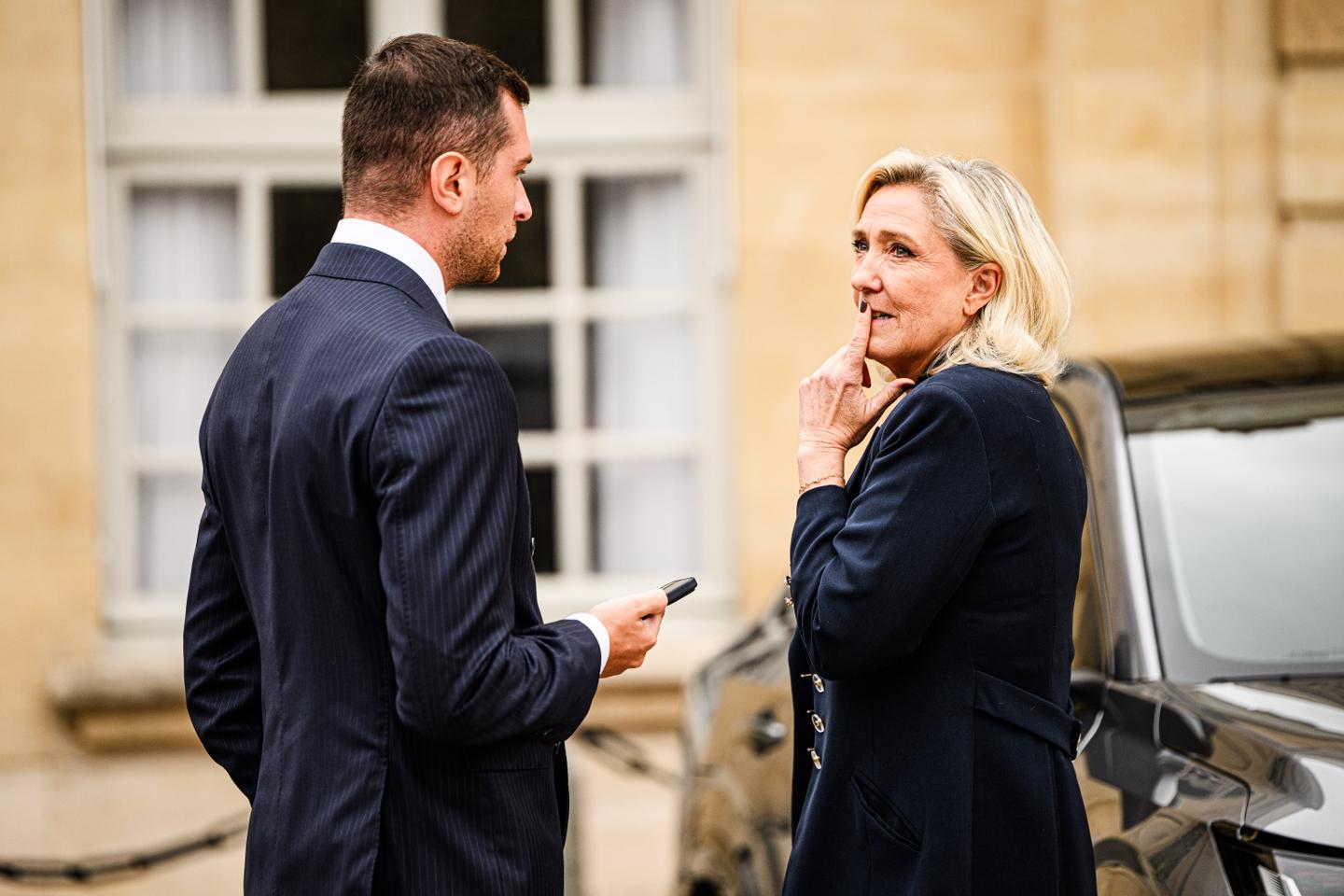


It is worth remembering that Marine Le Pen is a political leader who does not aspire to govern. The far-right leader says she does not, under any circumstances, wish to be the head of the government − even in the event of a cohabitation, when the president and prime minister come from opposing political camps. And yet, President Emmanuel Macron's weakness, combined with the Constitution of the Fifth Republic, would grant a prime minister with even a plurality in Parliament, in the event of new snap elections, enormous power. That includes the authority to "determine and conduct the policy of the nation," to "have at their disposal the administration and the armed forces," to "ensure the implementation of laws" and to "exercise regulatory power and appoint to civil and military posts."
These are all prerogatives Le Pen would refuse if the occasion arose, preferring instead to focus on eventually winning the presidency. When the far-right Rassemblement National (RN) appeared poised to take power in June 2024, she said she wanted to keep her distance from the government and simply remain president of her group in Parliament "to vote on the bills that will be prepared by Jordan Bardella's government" – Bardella, her top lieutenant, is her designated choice for prime minister.
Recently, as the prospect of a new dissolution of the Assemblée Nationale grew increasingly menacing − and with it the possibility of a more accessible majority − everything should have pushed Le Pen to change her stance. Declared ineligible to hold elected office, effective immediately, she would not be able to run again and would have no mandate or political platform. The prime minister's office would be quite the lifeline. "Obviously, she should go for it!" said one close associate. But if Macron were to call on the RN to take up responsibility, she would decline, those close to Le Pen insist.
Le Pen has never really addressed this peculiarity herself. Her staff explains that occupying the prime minister's office means leading a majority, whereas her aim is to unite the French people. Her special adviser, Philippe Olivier, has argued: "Her temperament is about big-picture vision and broad strategy, not the day-to-day management of being prime minister." It's as if she feared that the springboard could turn into a slippery slope and so preferred to send Bardella to test the waters. But it is worth noting that Bardella, in his 30s, has not shown much enthusiasm for heading the government either.
You have 58.12% of this article left to read. The rest is for subscribers only.
